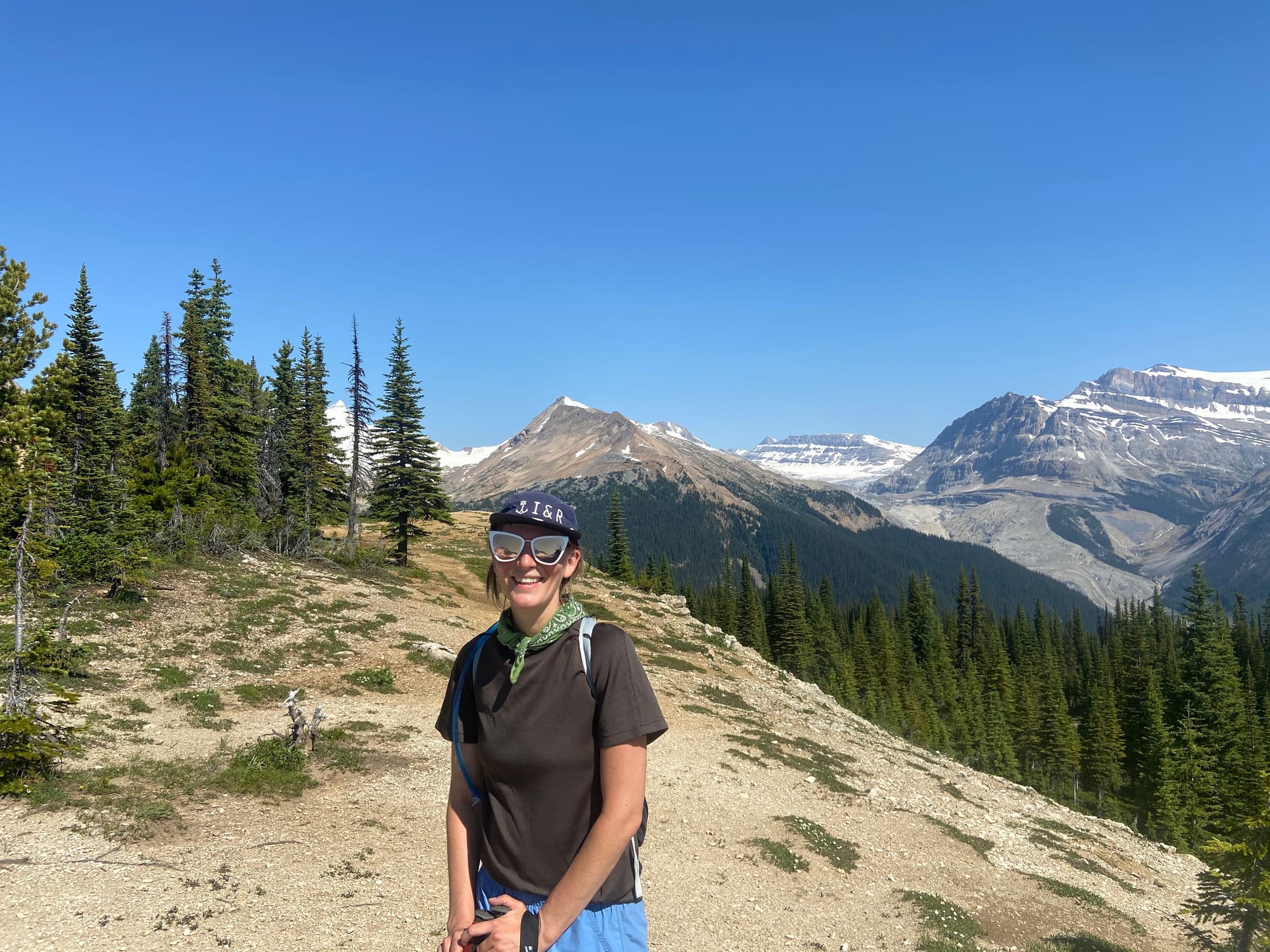As one of the newest faculty members in the Department of Geography & Environment at the University of Lethbridge, Dr. Bronwyn Bragg brings extensive expertise in human geography, focusing on labour, migration and the impacts of precarious work on families and communities.
If you have the opportunity to enrol in one of her classes, you can look forward to engaging discussions that incorporate diverse media—think films, podcasts, and guest speakers—to make complex concepts resonate.
Discover what drives her passion for teaching and her favorite ways to unwind in the quick Q&A session below.
Can you tell us a bit about your background and what brought you to ULethbridge?
I am a human geographer with interests in labour, migration and the impact of precarious work on families and communities. I have worked for over a decade with immigrant communities in Alberta in policy, advocacy and research roles.
I am excited to join ULethbridge and continue to invest in community relationships and research in a place I care about deeply.
What are your research interests or areas of expertise, and why are they important to you?
I am currently the principal investigator on a study titled Slaughterhouse geographies: Comparing the integration experiences of refugee workers in Canadian meatpacking towns. This research addresses the intentional geographies of the Canadian meatpacking industry and the lives of former refugees, now Canadian permanent residents, who do this precarious work.
This project builds on my postdoctoral research, which worked with community partners to examine the conditions of work facing immigrant, migrant and refugee workers in Alberta’s meatpacking industry.
I also have a book forthcoming about the Syrian Refugee Resettlement Initiative. The book is based on ethnographic fieldwork with former refugee women from Syria living in a mini-enclave in a marginalized neighbourhood in Calgary.
What are you most excited about in your new role here?
I am excited to join ULethbridge because of its focus on undergraduate education. My experience as an undergraduate student was transformative thanks to dedicated, passionate and inspiring professors who helped me make sense of our chaotic world.
I look forward to learning with students in the classroom. I am really excited about new classes I am developing for the human geography program, including GEOG 3850 "Geographies of Crisis and Resistance" which students can take next semester.
How do you approach your teaching philosophy, and what methods do you use to engage students?
I love teaching! I think one of the most exciting things about teaching now is that there is SO MUCH CONTENT we can bring into the classroom. I love using film, long form journalism, multimedia, podcasts, reports, guest speakers and so on to translate academic concepts and make them come alive for students.
What are some interesting facts or hobbies about yourself that you’d like to share?
I used to be interesting, but now I have two kids under six. So, my hobbies include a lot of Lego, trips to the library, the pool, and learning about prehistoric creatures from my kids. I also love to be outside in the beautiful Alberta wilderness.
